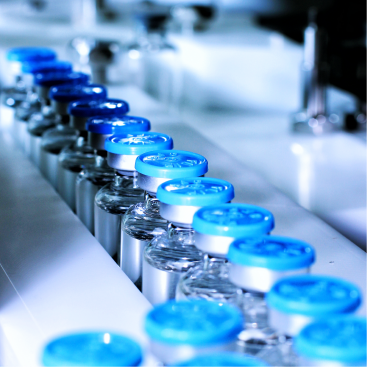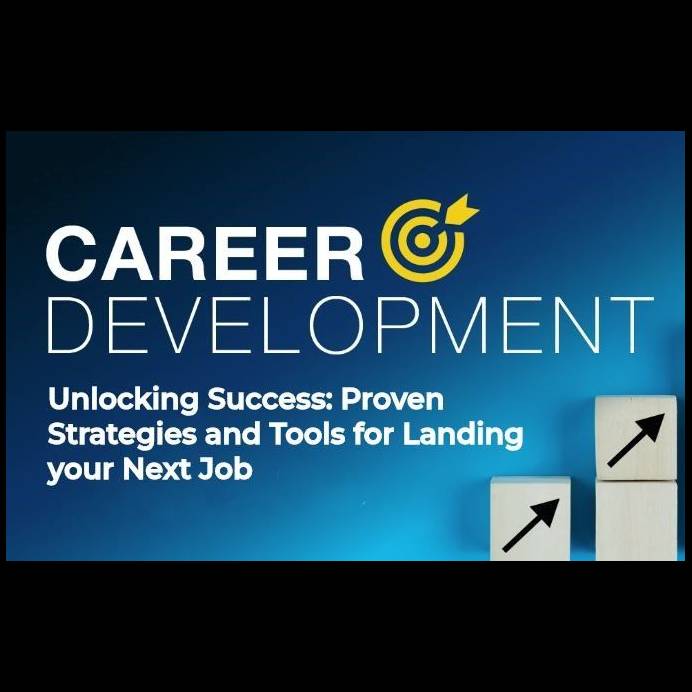Catalog

Learning Objectives:
• Understand the role of stimuli article as opposed to Official or Informational Chapters in the United States Pharmacopeia (USP).
• Describe the process used by the USP Expert Panel to identify existing tests, gaps and challenges involved in drug performance testing.
• Evaluate the findings of the Working Group for nanomaterials as presented in the stimuli article.
• Question and provide input to the findings of the Nanomaterial Working Group.
About this item
In 2019 USP created an Expert Panel (New Advancements in Product Performance Testing) to do a gap analysis on the need for and possible creation of tests/standards for measuring the performance of drug products. The results of Working Groups within the Expert Panel have been presented in a series of articles in Pharmacopeal Forum and Dissolution Technology. The purpose of this webinar is to present to stake holders and interested members of the pharmacy community, the findings of the Working Group on nanomaterials and allow for questions and suggestion from participants for improvement/modifications for the Working Group’s findings.
Learning Objectives:
• Understand the role of stimuli article as opposed to Official or Informational Chapters in the United States Pharmacopeia (USP).
• Describe the process used by the USP Expert Panel to identify existing tests, gaps and challenges involved in drug performance testing.
• Evaluate the findings of the Working Group for nanomaterials as presented in the stimuli article.
• Question and provide input to the findings of the Nanomaterial Working Group.
Speaker Information
Matthias G. Wacker, Ph.D.
Matthias G. Wacker is an Associate Professor in the Department of Pharmacy at the National University of Singapore (NUS). After finishing his undergraduate studies in Pharmacy, he earned his doctoral degree in pharmaceutical technology from Goethe University in Frankfurt (Germany), where he also was a principal investigator and completed his habilitation under the guidance of Jennifer Dressman and Jörg Kreuter at the Institute of Pharmaceutical Technology. Before joining NUS, he headed the Department of Pharmaceutical Technology and Nanosciences at the Fraunhofer IME in Frankfurt. He serves on the editorial boards of several prestigious journals (e.g., European Journal of Pharmaceutics and Biopharmaceutics, Frontiers in Chemistry, Journal of Pharmacy and Pharmacology) and has been recognized for his research excellence with awards such as the Eudragit® Best Paper Award (2015) and the Phoenix Pharmaceutics Science Award (2017). He is a member of various committees and organizations, including the United States Pharmacopeial Convention‘s General Chapters – Dosage Forms Expert Committee and the Expert Panel on New Advancements in In-Vitro Product Performance Testing, as well as the International Organization for Standardization’s Technical Committee 229, which is responsible for developing nanotechnology standards. In his current research, he specializes in employing a quality-by-design approach to create and analyze advanced dosage forms, placing a strong emphasis on biopredictive release and computational techniques to establish in vitro-in vivo correlations. Since 2022, he has been acknowledged as one of the World’s Top 2% Scientists by the Standford University Ranking.



